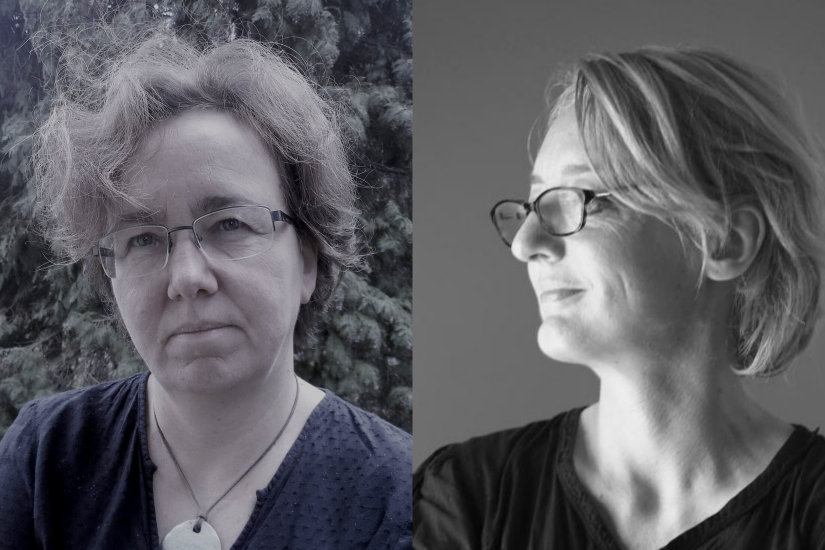
The article investigates educational and career paths of educated Roma youth in Hungary as striving to enter quality employment in the business sector. While the employment rate of well-educated Roma youth is high compared to the general Roma population, their sectoral distribution is skewed towards self-employment, and towards the public sector vis-à-vis private sector. Our article investigates the reasons for the low presence of educated Roma in the business sphere, a sector which holds the greatest potential of social mobility. We use a survey dataset of educated young Roma (N=381), also rely on in-depth interviews with 22 individuals, which provided us with a better understanding of the subjective experiences of mobility. We have identified some of the main barriers on Roma youths´ paths to a business sector employment, also analysed the coping strategies of those striving towards/ experiencing social mobility. These findings are unique in their nature as they pinpoint mobility struggles, social costs and coping patterns of a racialized minority in CEE while on their way of accessing a little talked about employment sector, the business sphere.
SPEAKERS
Vera Messing is a research fellow at the Democracy Institute and a senior research associate at the Institute of Sociology at the Hungarian Academy of Sciences. She earned her PhD in Budapest, Corvinus University, and has over 15 years of experience in empirical research on ethnicity, minorities, migration, social exclusion, media representation of vulnerable groups and ethnic conflicts. Her work focuses on comparative understanding of different forms and intersections of social inequalities and race/ethnicity and their consequences. She is specifically interested in public, policy and civil responses to racial/ethnic diversity in the field of education, labour market and media. The focus of her research has been employment and education of minorities in Europe, migration, and migrant inclusion. At CEU, she has been involved in the coordination of the FP7 research project EDUMIGROM, in the FP7 funded project NEUJOBS, lead the Hungarian team of ASSESS - Integration of Vulnerable Migrants and the Bridge to Business: Bridging Young Roma and Business project. Presently she works on an H2020 project MIMY (EMpowerment through liquid integration of vulnerable Migrant Youth). In addition she is a principal researcher of the Hungarian team of the European Social Survey ERIC. She has published in academic journals such as Identities: Global Studies in Culture and Power; Ethnicities; Ethnic and Racial Studies; European Education, Intercultural Education.
Zsuzsa Arendas' work has focused on social inequalities, labour relations and transnational mobilities for the past more than one decade. She has researched acts of citizenship in case of immigrants (’Enacting European Citizenships’, led by E. Isin from the Open University, UK), cooperated with the Ethnographic Museum in Budapest studying the material aspects of migration (OTKA research project). She participated in ’ASSESS: Assessing Immigrant Integration in case of Vulnerable Groups’, focusing on TCN women, children and unaccompanied minors, in ’IR-Multiling’, researching the role of multilingualism in labour relations, in ’Bridge to Business’ project on the employment of young Roma with high qualifications, in cooperation with OSF Bulgaria. Zsuzsa researched Hungarian labour relations within the ’ETHOS, towards new perspectives on justice and fairness’ project funded by the EU, as member of the CEUR team of CEU. Zsuzsa is also a research fellow at the Center for Social Research (formerly Hungarian Academy of Sciences), Sociology Institute. She taught at the Roma Access Program and OLive-Up program for refugee students, currently teaches courses at the CHSP at CEU PU.